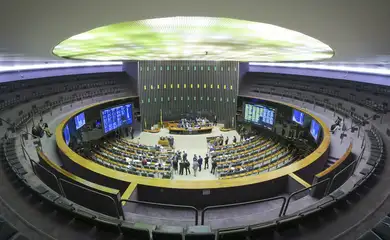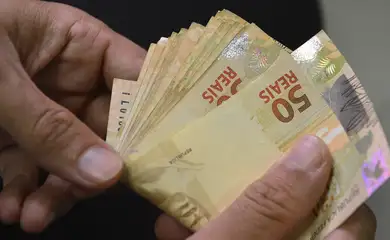Percentage of Brazil families in extreme poverty to fall in 2022

Contrary to the global increase in extreme poverty rates predicted by the World Bank, Brazil is expected to reach the end of 2022 with a significant reduction in the index as a result of social assistance measures, said Erik Figueiredo, head of the country’s economic research institute IPEA.

In a Wednesday (Aug 10) interview on A Voz do Brasil, aired on Brazil’s public radio network, the economist explained that the percentage of families living in extreme poverty (total household income below $1.90 a day) should sink to 4.1 percent by the end of 2022. In 2019, families in these conditions amounted to 5.1 percent of all Brazilian households.
He mentioned the dynamic the government has built between social benefits on one hand and tax and spending cuts and privatizations on the other—which brought in extra revenues to boost an economic rebound, he said.
Figueiredo also refuted the criticism targeting social welfare, which theoretically slashes core jobs with facilitated income. The reality, he argued, has proved different, and the investment in social schemes and formal work have grown side by side in Brazil. He cited recent data from the Ministry of Labor that confirm the rise in formal employment even after the expansion of such initiatives, like the government’s flagship cash-transfer program Auxílio Brasil.
“It’s a gateway to social climbing. A welfare program is successful when people no longer depend on it in the future. The program provides comfort and security for the family, so they can seek better positions in the job market, either through qualification or an easier search,” he noted.






